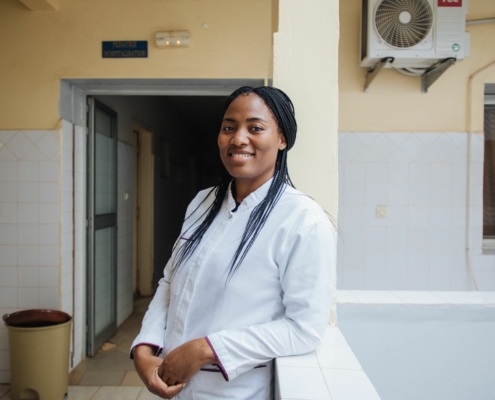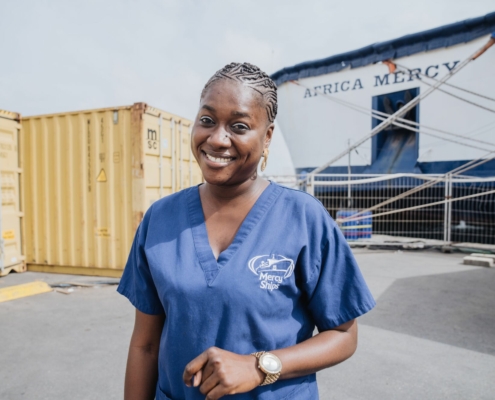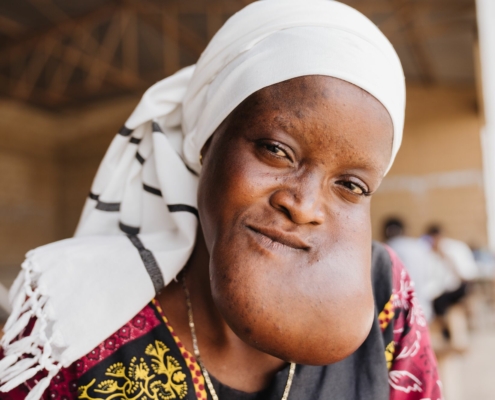 https://mercyships.africa/wp-content/uploads/2024/01/SND230320_SERIGNE_SND01421_BEFORE_DOCK_EB012_HI-MID.jpg
1333
2000
globalbranding
https://mercyships.africa/wp-content/uploads/2022/04/mercy-ships-logo-menu-africa-300x138.png
globalbranding2024-01-16 02:00:002024-02-06 15:02:26The Boy with the Strong Spirit: Serigne’s Story
https://mercyships.africa/wp-content/uploads/2024/01/SND230320_SERIGNE_SND01421_BEFORE_DOCK_EB012_HI-MID.jpg
1333
2000
globalbranding
https://mercyships.africa/wp-content/uploads/2022/04/mercy-ships-logo-menu-africa-300x138.png
globalbranding2024-01-16 02:00:002024-02-06 15:02:26The Boy with the Strong Spirit: Serigne’s StoryMercy Ships Africa Blog
 https://mercyships.africa/wp-content/uploads/2024/01/SND230320_SERIGNE_SND01421_BEFORE_DOCK_EB012_HI-MID.jpg
1333
2000
globalbranding
https://mercyships.africa/wp-content/uploads/2022/04/mercy-ships-logo-menu-africa-300x138.png
globalbranding2024-01-16 02:00:002024-02-06 15:02:26The Boy with the Strong Spirit: Serigne’s Story
https://mercyships.africa/wp-content/uploads/2024/01/SND230320_SERIGNE_SND01421_BEFORE_DOCK_EB012_HI-MID.jpg
1333
2000
globalbranding
https://mercyships.africa/wp-content/uploads/2022/04/mercy-ships-logo-menu-africa-300x138.png
globalbranding2024-01-16 02:00:002024-02-06 15:02:26The Boy with the Strong Spirit: Serigne’s Story
Opportunity Made to Last: One Surgeon Mentee’s Story
Blog, BlogIn the spring of 2023, seven mentee surgeons boarded the Global Mercy™ while the hospital ship was docked in the west African nation of Senegal. Dr. Alida Ngandjio Sidi, a pediatric surgeon originally from Cameroon, came on board with confidence. She knew this was where she needed to be.

Mercy Ships Celebrates Lasting Impact in 2023
Blog, BlogMercy Ships provided 3,295 surgeries for patients like Malang in 2023. Of those surgeries, 1,437 took place on board the Global Mercy™ during field services in two ports – Freetown and Dakar. The ship served patients from three countries – Senegal, The Gambia, and Sierra Leone. This work was only possible thanks to more than 1,318 skilled volunteers from over 67 countries, including 660+ Senegalese, Gambian, and Sierra Leonean national crewmembers.

From Crewmember to Caregiver: Ngordy’s Mercy Ships Story
Blog, BlogNgordy Sow was working as a national interpreter with Mercy Ships in his home country of Senegal when he received his next assignment. He was asked to care for a new patient, a young boy named Mamadou, who was on board the Africa Mercy® to receive surgery for a painful hernia.
When Ngordy arrived in the ward to start his shift, he was in for a surprise.

Meet the “Faithful Servant” of the Mercy Ships Rehab Team
StoryWhile the Africa Mercy® and Global Mercy™ were docked in Senegal, volunteer physical therapists from all around the world came on board for months at a time to offer their skills and expertise.
More than 350 patients came across many different volunteers on the physical rehabilitation team – but there was one familiar face that almost every patient met: Mame Birame Sy.

Finding Light in the Darkness: Umu’s Story
Blog, BlogHave you ever met someone whose eyes dance when they talk? That’s the very first thing everyone notices when they encounter 3-year-old Umu. Her aunt, Fatmata, has always been amazed by Umu's effortless ability to make friends, regardless of where she goes. “She’s a very brave girl,” Fatmata shared. “She's intelligent. She’s a fast learner.”
But although this contagious joy is Umu’s trademark now, it wasn’t always this way. Her birth came with an unexpected twist as she entered the world with a benign tumor growing from the side of her face and neck. This was a shock to her mother, Yei, who’d had no reason to expect anything other than a healthy baby girl. Seeing her firstborn with the growth was utterly devastating.

Life-changing Healing for Samba
StoryAfter 56 years with a cleft lip, it took just a two-hour surgery to change Samba’s life and unleash his God-given potential.
Samba, a widower with four children, worked as a cattle farmer in rural Senegal, where he faced discrimination due to his lifelong condition.
He had grown used to his cleft lip drawing unwanted attention. Physical attacks were so commonplace that Samba couldn’t guess how many times they had happened.

Discover the Changing Tide of Dental Care in Guinea
Blog, BlogIn October 2022, five dental students from Guinea boarded a plane to Casablanca, Morocco. The following year, they were joined by another. These young dentists form the pilot group of Mercy Ships’ dental education sponsorship program – a new program focused not just on providing care in the here and now but changing surgical systems for good.

The Future Holds Great Promise: Diarra’s Story
StoryFor 25-year-old Diarra, stepping into the operating room of the Africa Mercy® was a moment more than a decade in the making. She had been looking for healing for a facial tumor for almost half her life.
“I feel so good inside my heart,” she exclaimed about her opportunity for surgery. “I have been to many different doctors, but they couldn't heal it.”
She couldn’t recall when the tumor began to grow. All she remembers is being a teenager and experiencing a toothache that led to a small growth. From there, “it just kept getting bigger.” Diarra’s parents took her to several hospitals. Each visit was a step in an uphill battle, made harder by their meager earnings as small-scale farmers. Medical costs loomed large, forcing them to choose between caring for their other children or seeking healing for their daughter. Eventually, they stopped looking.
